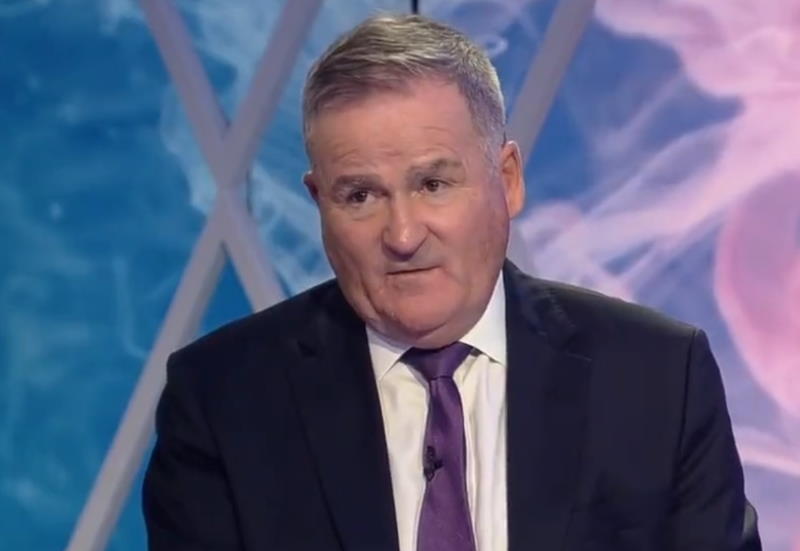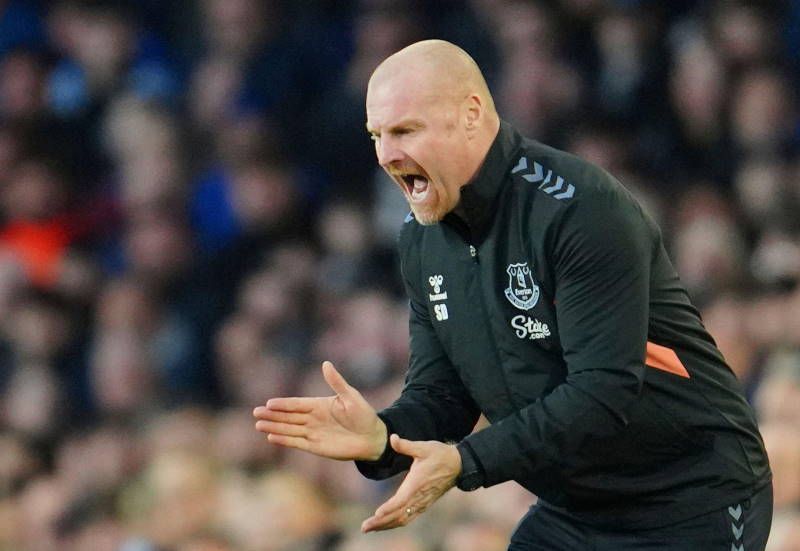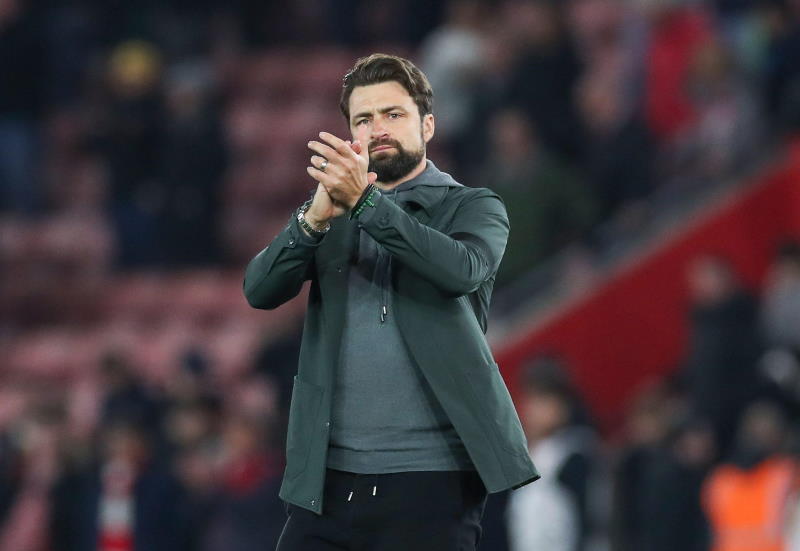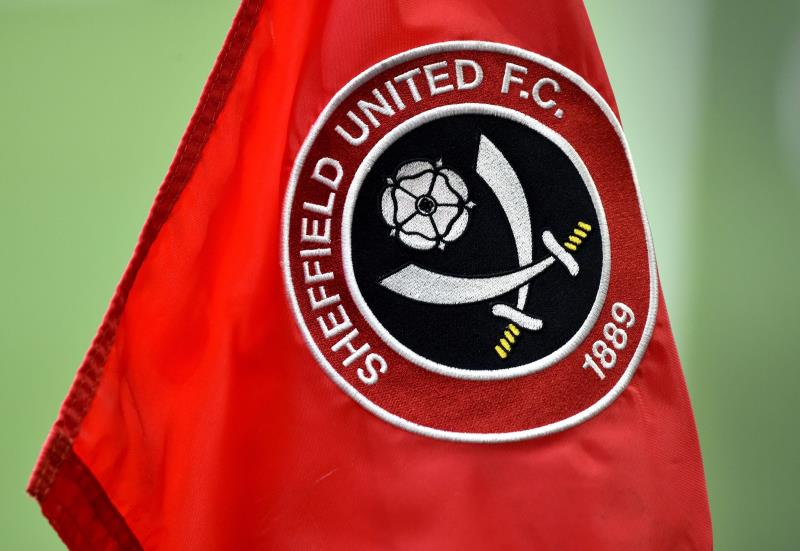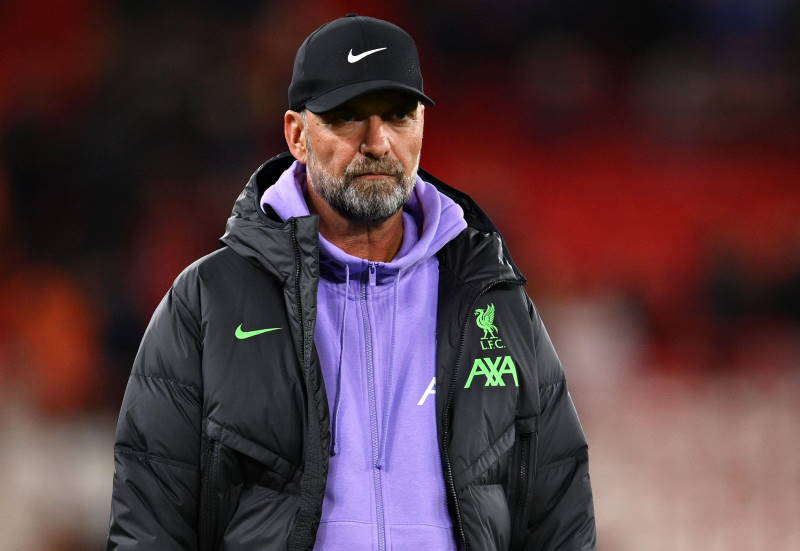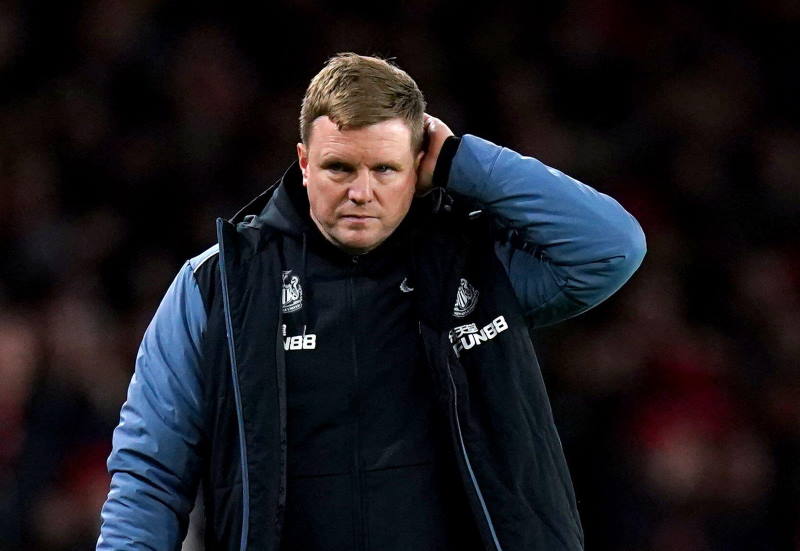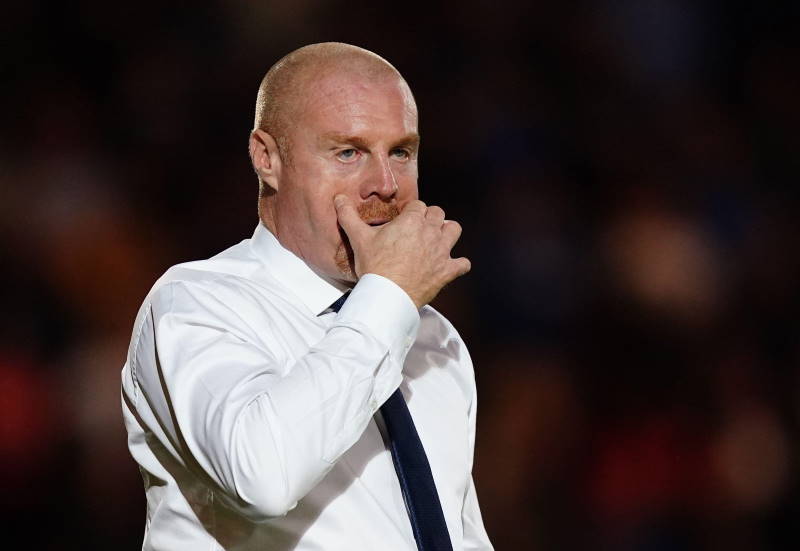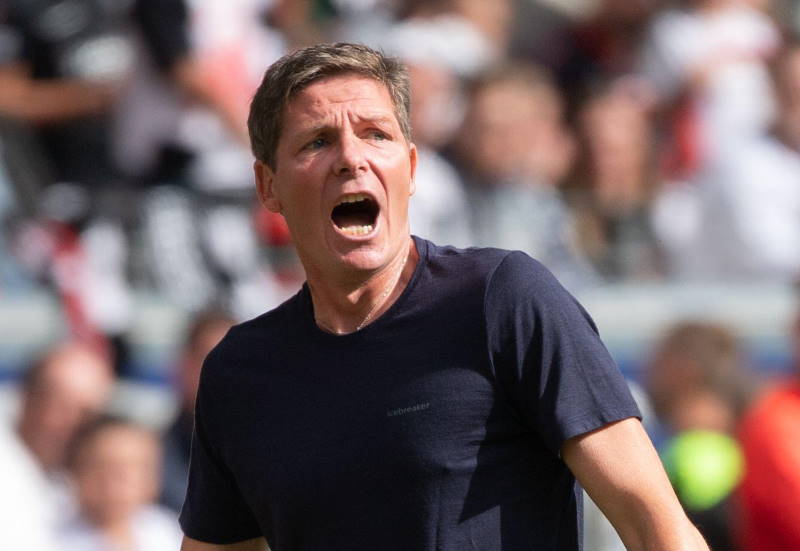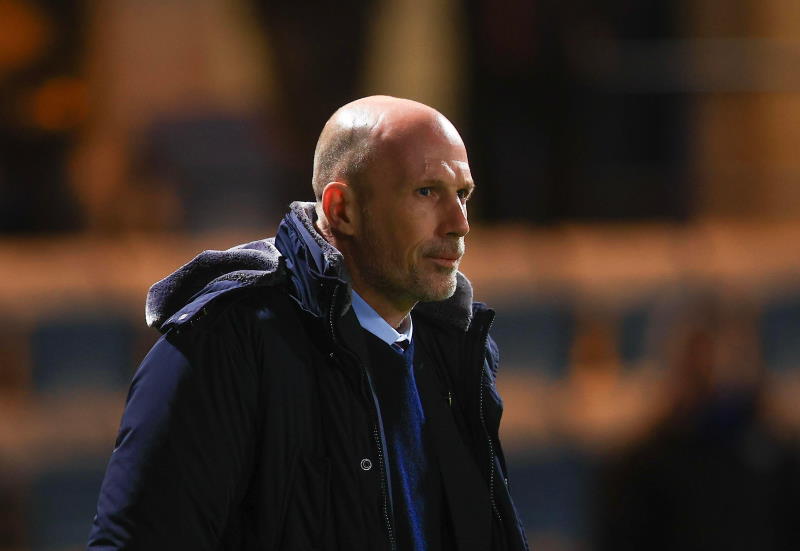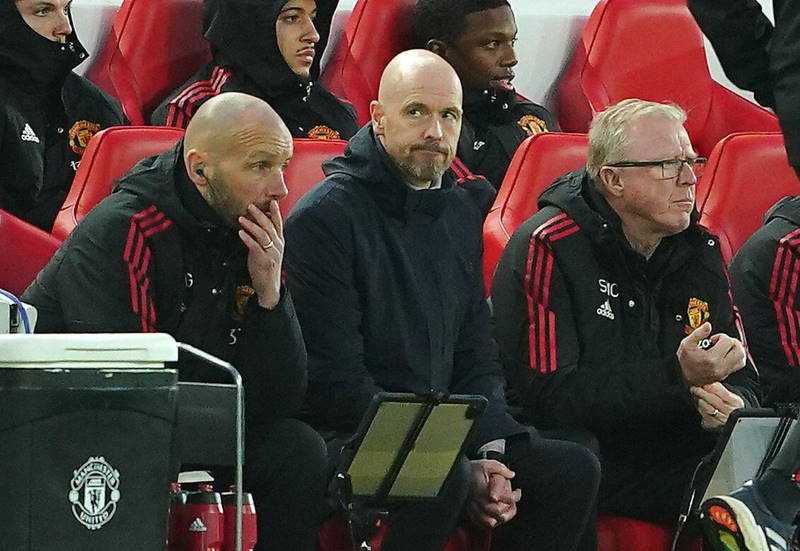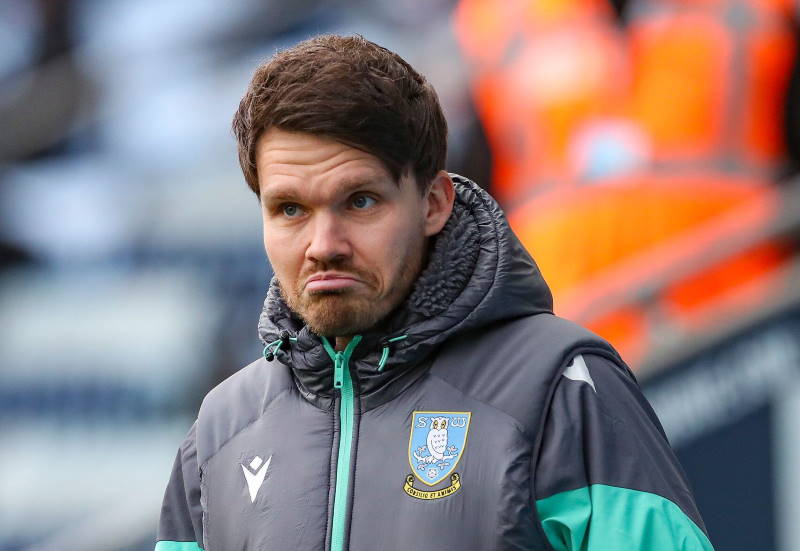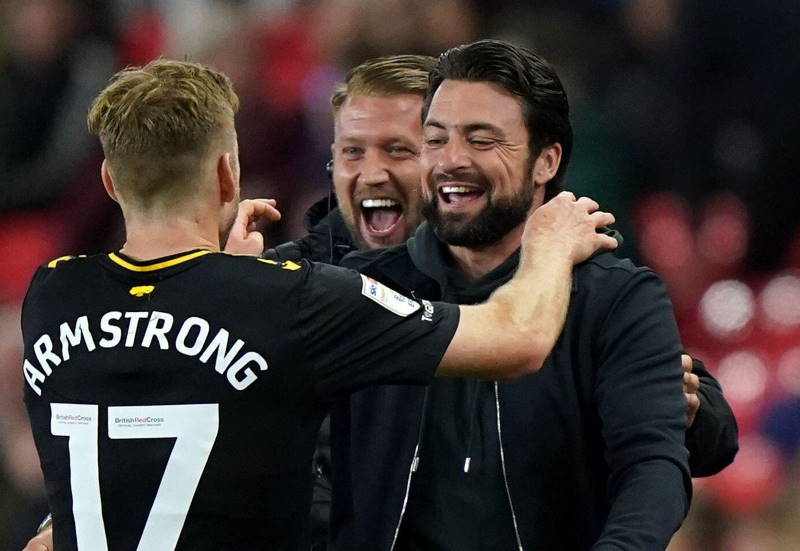
In 2010, weekly Dutch football magazine Voetbal International put Italian forward Graziano Pelle amongst the most notable Eredivisie flops of the last ten years. After four disappointing seasons with AZ Alkmaar, in the summer of 2011 the player headed back to Italy and signed for Parma. Just 12 months later he found himself in Holland once again, this time on a one-year loan at Feyenoord. With 12 goals in 13 Eredivisie games, Pelle is one of the most deadly strikers in Holland and by far the top transfer coup of the summer. Inside Futbol went to speak to the prolific Italian.
Inside Futbol (IF): From flop to top within two years. What has happened?
Graziano Pelle (GP): Two years is a long time in the career of a player. I have become physically stronger and improved my tactical awareness. The most important thing however is that now I’m playing regularly. I’ve always said ‘give me the chance to be a regular and then judge me’.
IF: At AZ Alkmaar you scored 14 goals in four seasons, but with Feyenoord you’ve managed 12 in six months.
GP: That’s what I’m talking about. In Alkmaar I had tough periods warming the bench and waiting for a chance. I am not blaming my previous coaches, but just saying that it’s difficult to keep in top form when you never play 90 minutes in a game.
IF: Why did you choose to come back to Holland?
GP: It was for Ronald Koeman. When Feyenoord came looking for me in the summer, I had no doubts because their coach is Koeman. We worked together at AZ and under him I had my best time in Alkmaar: I had more chances to play and made my debut in the Champions League. I thought it would be better to spend a season playing for a coach who knows you and what kind of striker you are, rather than to sit on the bench at a mid-table outfit in Serie A. Last but not least, Feyenoord are a great club.
IF: After finishing second last season, did you expect the Rotterdam club to fight once again for the title?
GP: Yes, of course. Feyenoord are one of Holland’s giants. I know they have not won the Eredivisie title since 1999, however in recent years they have had some financial trouble and strongly focused themselves on their youth system. They did an excellent job, as the three consecutive Rinus Michels awards for Holland’s best academy [Feyenoord won in 2010, 2011 and 2012, ed.] showed.
IF: From zero to ten, how do you rate Feyenoord’s chances of winning their first Eredivisie title since 1999?
GP: I don’t like to make these kind of predictions. I will just say that we are very much a team and have a lot of quality. Most of my team-mates are internationals and some of them have already made their debut for their country’s senior side. Just think about [Jordy] Clasie, [Bruno] Martins Indi, [Daryl] Janmaat and our captain [Stefan] de Vrij – surely we are title contenders. On paper, clubs like PSV Eindhoven and FC Twente are better than us – financially speaking they are for sure – however we have our chances. The Eredivisie is such an unpredictable league.
IF: The fight for the title is surely more exciting than that in Spain’s La Liga or Italy’s Serie A, isn’t it?
GP: Yes. A couple of years ago, AZ won the title; last season Heerenveen were in the race until the last few weeks; today there is an ambitious Vitesse that are aiming for the top. There is always an underdog ready to beat the odds.
IF: Last year Feyenoord’s main striker was John Guidetti, who scored 20 goals in 23 games. Have you felt any pressure to compete with him?
GP: For a new striker there will always be pressure: if you have a predecessor who performed well, you will have to at least do the same; if he did not do well, you will have to make the fans forget as soon as possible. Guidetti had an excellent season and became an idol at De Kuip. However, since I came to Rotterdam I have only focused on my performances.
IF: What has been the best moment of your season with Feyenoord so far?
GP: The goal against Ajax in the dying seconds. We were 2-1 down, there was a cross into the box and I put the ball into the net with a stunning volley, despite having had my back to goal. I remember too my first goal against Roda in November, I scored after just 20 seconds. They told me only Roy Maakay has scored a quicker goal at Feyenoord [18 seconds, ed.].
IF: In Holland you’ve had a rough ride from the media. Are you happy to have hit back at your critics?
GP: Now, I am satisfied with what I am doing on the pitch. It is said that Holland never has a lack of rain or critics. I’ve learned to live with the bad weather and take no notice of what the critics say. To each his own; they have to write, I have to play. Maybe in Holland there is so much criticism because there are more young players than top players and it is easier to criticise the first group. It is too easy to say: ‘look at Pelle, he is a good looking guy, drives fast cars, like to dance and the women love him – so he is arrogant and not professional’. It is a platitude you have to live with everywhere.
IF: Who is the best coach you’ve worked with?
GP: I consider myself lucky, because in my career I have never had any problems with any coach. Louis van Gaal was the best, in my opinion he is the Lionel Messi of coaches. I remember the first training sessions with him, when I got home I couldn’t stand on my feet. He always speaks his mind – that’s his great virtue. If a player follows what Van Gaal says then he can really improve a lot.
Dick Advocaat has a great winning mentality, while Koeman is currently a mixture between a sergeant and a father. At AZ, maybe he was too friendly with the players and that’s why things did not work out. Finally, I can’t forget the coaches from my Italian years: Delio Rossi, Gian Piero Gasperini and Fabrizio Castori. I learned a lot from all of them.
IF: Ten years ago, Serie A had the same appeal as the Premier League, La Liga and the Bundesliga. What has happened?
GP: The biggest problem Italian football has is the poor state of the stadiums. They are not business-oriented: few facilities, bad infrastructure, no restaurants, meeting rooms, museums, shops. Moreover, the Serie A teams, except Juventus, still have to pay rental fees to city councils for the right to play in their stadiums. In Italy, most of the clubs’ owners are just passionate supporters who spend their money on football. I say be careful, spend and don’t invest. They realise from the start that in their country football has little in common with business.
IF: Who is the best player you have ever played with?
GP: Sebastian Giovinco is a pure football genius. I played with him last season at Parma and he is a world-class player. Unfortunately he had to fight a lot before having a real chance at a top level club like Juventus, despite having come from their academy. Lots of loans, lots of time on the bench: unfortunately in Italy a young player has to fight for every minute of playing time. I like to think that if Giovinco had been developed at the Ajax academy, he would currently be playing for Barcelona or Arsenal.
IF: Will we ever see Graziano Pelle in England?
GP: That’s a good question, but actually I don’t even know if I will stay at Feyenoord next year because I have a contract with Parma until 2015. Surely though it would be difficult to say no to an experience in the Premier League.
IF: What do you think is your strongest point?
GP: I am a team player. I don’t live just to score goals. Scoring is obviously vital for any striker, but I am not a Filippo Inzaghi-type – just to mention the greatest Italian striker ever. And I always remember what Arrigo Sacchi once said: ‘if you want to perform like a Ferrari at the weekend, you cannot train like a Fiat 500 during the week’. This has become my motto.
[kalooga-article]

